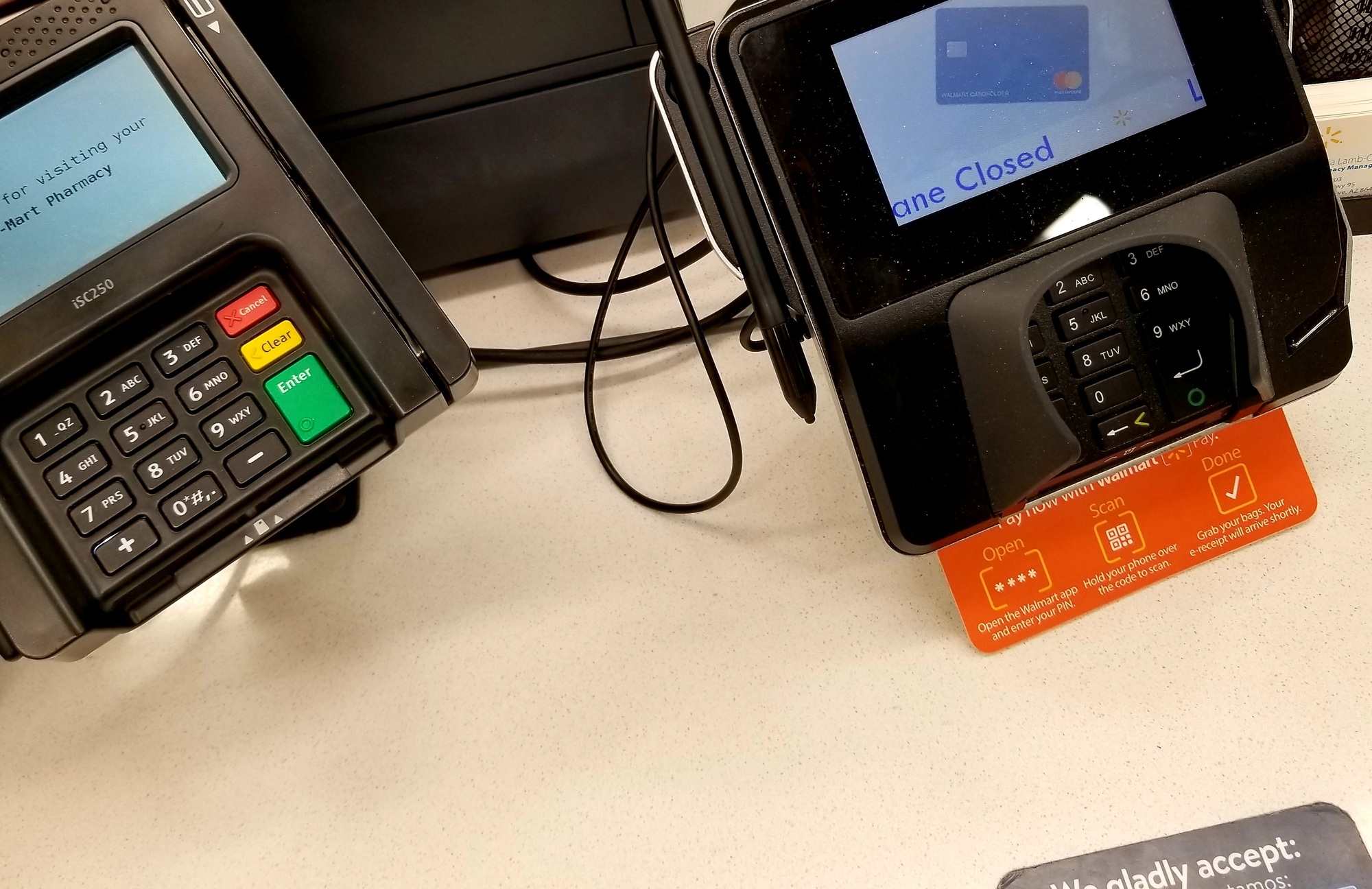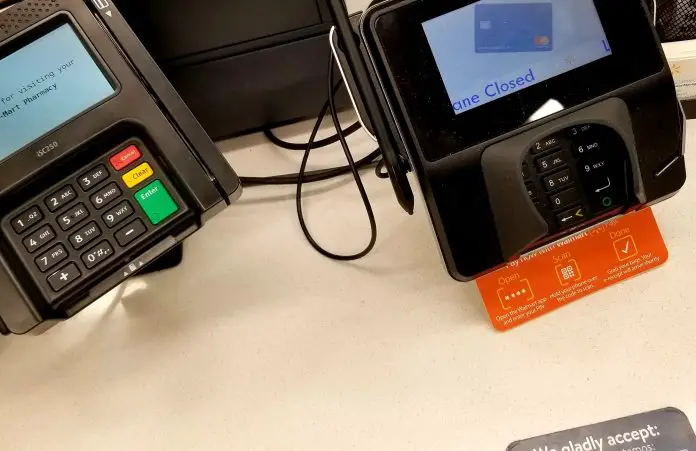Key Takeaways

- Understand Credit Card Processing: Familiarize yourself with the essential steps of credit card processing, including authorization, clearance, and settlement, to effectively navigate the industry.
- Research and Choose a Business Model: Conduct market research to identify trends and competitors, then select a transaction-based revenue model that aligns with your target audience’s needs.
- Legal Registration: Register your business with the appropriate authorities, choose a suitable business structure, and obtain necessary licenses to ensure compliance and operational legitimacy.
- Selecting Payment Processors: Choose competitive and reliable payment processors that match your business model and provide essential features for security and customer support.
- Effective Marketing Strategies: Identify your target audience and build an online presence through a professional website and social media to enhance credibility and attract clients.
- Compliance and Security: Ensure compliance with legal requirements and implement robust security measures, such as PCI DSS standards, to protect client data and maintain trust in your services.
Starting a credit card processing business can be a lucrative venture in today’s digital marketplace. With more consumers relying on cashless transactions, the demand for efficient payment solutions is skyrocketing. You have the opportunity to tap into this growing market and provide businesses with the tools they need to thrive.
But where do you begin? From understanding the technology behind payment processing to navigating the legal requirements, launching your own business in this field involves several key steps. Whether you’re an entrepreneur looking for a new challenge or an established business owner seeking to expand your services, this guide will equip you with the knowledge to kickstart your credit card processing business successfully.
Understanding Credit Card Processing

Credit card processing plays a crucial role in the success of small businesses. It enables businesses to accept cashless payments, introducing efficiency and convenience for both you and your customers.
What Is Credit Card Processing?
Credit card processing refers to the series of steps involved in completing a transaction using a credit card. It includes authorization, clearance, and settlement of the funds. When a customer makes a purchase, the merchant’s terminal captures their card information and sends it to the payment processor. The processor then communicates with the card networks and the bank to authorize the payment. Understanding this process is vital if you want to start a small business in today’s digital economy.
How It Works in the Business Ecosystem
The credit card processing ecosystem includes multiple stakeholders: merchants, customers, payment processors, card networks, and acquiring banks.
- Merchants: You represent the small business accepting credit card payments.
- Customers: Customers utilize credit cards to make purchases, ensuring convenience.
- Payment Processors: Payment processors facilitate communication between you and the banks.
- Card Networks: Networks like Visa and MasterCard provide authorization services and set transaction rules.
- Acquiring Banks: These banks maintain merchant accounts and settle transactions.
Understanding these interactions supports your knowledge of how to start a credit card processing business. It shows the flow of money from customer to merchant and helps you comprehend the fees involved, which directly affect your profit margins.
Steps to Start a Credit Card Processing Business

Starting a credit card processing business involves a series of strategic steps tailored to meet the needs of small businesses in today’s marketplace.
Research the Market
Research the market to identify current trends, technologies, and features in credit card processing. Analyze potential competitors, customer preferences, and the regulatory landscape. Gathering this data helps clarify your business requirements and sets the foundation for your payment gateway’s functionality. Outline your core objectives and assess risks to refine your strategy.
Choose a Business Model
Choose a business model that aligns with your goals and target market. Typically, a transaction-based revenue model suits credit card processing ventures, supplemented by service fees for additional offerings. Define how your payment gateway will deliver value to small businesses. Establish scalable revenue streams while ensuring competitive pricing to attract customers.
Register Your Business
Register your business with the appropriate authorities to ensure compliance and legitimacy. Select a suitable business structure, like an LLC or corporation, to protect your personal assets. Obtain necessary licenses and permits, and secure an Employer Identification Number (EIN) for tax purposes. This legal groundwork supports your business’s operations and credibility in the credit card processing industry.
Setting Up Operations

Establishing operations is crucial for your credit card processing business. It involves selecting payment processors and setting up merchant accounts that align with your business needs and client expectations.
Selecting Payment Processors
Selecting the right payment processor is vital for your startup. Consider processors that offer competitive transaction fees and flexible contract terms. Evaluate their compatibility with your business model, whether online or in-person. Look for processors that provide essential features, such as fraud protection and chargeback management. Popular options include PayPal, Square, and Stripe, each catering to different business sizes and needs. Choosing a processor that supports various payment methods, including credit cards and digital wallets, enhances your service.
Establishing Merchant Accounts
Establishing merchant accounts is essential for any small business focused on processing credit card transactions. You need to apply for a merchant account through a bank or payment processor. Progress includes submitting financial documents and business information. Once approved, ensure the account supports your transaction volume and payment types. Many providers require a monthly fee or include it in transaction rates. Review the terms of service carefully. Merchant accounts facilitate seamless transactions, providing a foundation for your credit card processing operations.
Marketing Your Services

Marketing your services plays a crucial role in establishing your credit card processing business. Effective marketing helps you reach your target audience and build a strong online presence.
Target Audience Identification
Identify your target audience to focus your marketing efforts effectively. Consider the following segments:
- Small business owners: Cater to entrepreneurs who require reliable credit card processing solutions.
- Ecommerce businesses: Target online retailers needing secure payment systems for their websites.
- Service providers: Engage freelancers and service-based businesses that require seamless payment processing.
Research their unique needs. Tailor your messaging to address specific pain points and solutions. When you engage with these audiences, your marketing becomes more impactful.
Building an Online Presence
Building an online presence establishes credibility and attracts clients. Implement these strategies:
- Create a professional website: Ensure your site outlines your services, features testimonials, and includes a blog offering valuable insights.
- Leverage social media: Use platforms like LinkedIn, Facebook, and Instagram to showcase your expertise. Share tips, updates, and articles related to credit card processing and small businesses.
- Content marketing: Develop informative content like blog posts and guides. Consider topics such as “How to Start a Small Business with Payment Processing.” This positions you as a knowledgeable authority in the industry.
Utilizing these strategies helps you connect meaningfully with your audience, encouraging trust and engagement.
Managing Compliance and Risk

Managing compliance and risk is essential for starting a credit card processing business. You need to understand the legal requirements and implement security measures to ensure success in your startup.
Understanding Legal Requirements
You must set up a merchant account, which acts as a holding area for funds until they’re transferred to your business bank account. Providing relevant documents, such as business registration, financial statements, and a tax ID number, is crucial for this process. The application may also include a credit check to assess the risk involved. Compliance with industry regulations protects both you and your clients, ensuring that your small business operates within legal boundaries.
Implementing Security Measures
Implementing robust security measures is critical for a credit card processing business. Compliance with the Payment Card Industry Data Security Standard (PCI DSS) is mandatory for securing payment transactions. Key practices include:
- Using encryption protocols: Ensure all transaction data is encrypted during transmission to protect sensitive information.
- Updating software regularly: Maintain safe and updated systems to defend against vulnerabilities and threats.
- Maintaining secure networks: Structure your network architecture to mitigate risks and protect against unauthorized access.
Implementing these measures builds trust with your customers and establishes your reputation as a secure credit card processing partner.
Conclusion

Starting a credit card processing business opens up exciting opportunities in today’s digital economy. By understanding the payment processing landscape and focusing on compliance and security, you can build a trustworthy service that meets the needs of your clients.
As you navigate this journey, remember the importance of selecting the right partners and implementing effective marketing strategies to reach your target audience. With the right approach and dedication, your business can thrive in this competitive market. Embrace the challenge and take the first steps toward establishing a successful credit card processing venture. Your future in this industry awaits.
Frequently Asked Questions

What is a credit card processing business?
A credit card processing business facilitates electronic transactions between customers and merchants. It allows businesses to accept credit and debit card payments, making transactions quicker and more efficient in a cashless environment.
Why start a credit card processing business now?
The demand for cashless transaction solutions is rising rapidly. Entrepreneurs can leverage this trend to capture market share, providing necessary services to businesses adapting to digital payment methods.
What are the essential steps to start this business?
Key steps include conducting market research, selecting a suitable business model, registering the business, understanding legal requirements, setting up operations, and developing a marketing strategy to reach potential clients.
How does the credit card processing ecosystem work?
The ecosystem involves multiple stakeholders: merchants, customers, payment processors, card networks, and acquiring banks. Each plays a role in the transaction process, influencing the flow of funds and associated fees.
What factors should I consider when choosing a payment processor?
Select a payment processor based on transaction fees, contract flexibility, essential features like fraud protection, chargeback management, and compatibility with your target market’s needs.
What marketing strategies can I use to reach clients?
Utilize digital marketing strategies such as creating a professional website, engaging on social media, and implementing content marketing to showcase your expertise and connect with your target audience effectively.
How important is compliance in this industry?
Compliance with legal regulations and industry standards is crucial for protecting your business and clients. It ensures secure transactions and builds trust, making it essential for reputation and longevity in the market.
How can I ensure the security of transactions?
Adhere to the Payment Card Industry Data Security Standard (PCI DSS) by implementing encryption, regularly updating software, and maintaining secure networks to protect sensitive customer information.
What business model should I adopt?
Most credit card processing businesses operate on a transaction-based model, supplemented by service fees. Choose a model that aligns with your goals and client needs while providing sustainable revenue streams.
Image Via Envato



